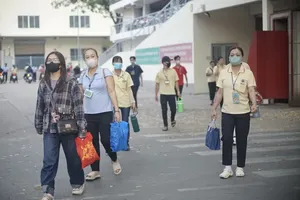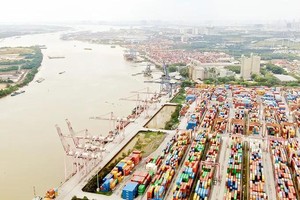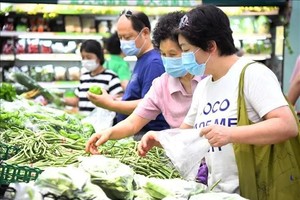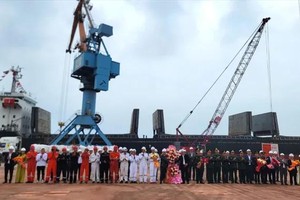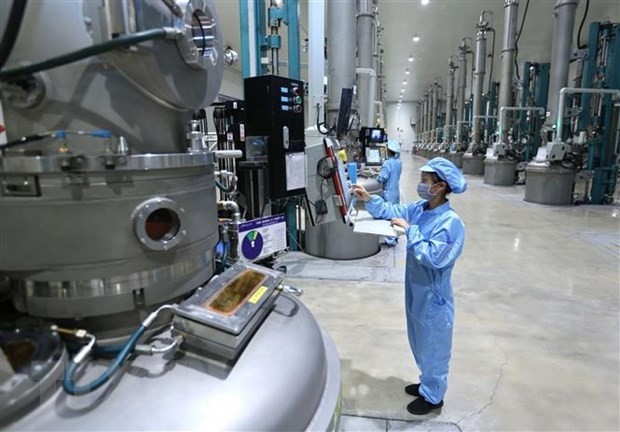
There were 598 new projects with registered capital of US$355.9 million, down 11.8 percent in volume and 48.3 percent in value. Some 113 projects added capital of US$209.2 million.
More than 2,400 purchases of shares were made by foreign investors, worth more than US$1.81 billion, down 27.8 percent year-on-year.
The trade sector led in terms of registered capital in the first seven months, with US$624.1 million, accounting for 26.2 percent of the total. It was followed by real estate, with US$441.6 million, or 18.6 percent, manufacturing and processing US$315.6 million, or 13.3 percent, information and communications US$149.4 million, or 6.3 percent, and construction US$113.1 million, or 4.8 percent.
Investors from 104 countries and territories have registered new projects, added capital, or purchased shares this year. Singapore led the way, with US$570.1 million, or 24 percent of the total, then the Republic of Korea with US$357.9 million, or 15.1 percent, Japan US$331.1 million, or 13.9 percent, the Cayman Islands US$261.9 million, or 11 percent, the British Virgin Islands US$137.6 million, or 5.8 percent, and the Netherlands US$118 million, or 5 percent.
In order to become a popular destination among foreign investors post-pandemic, Director of the municipal Department of Planning and Investment Le Thi Huynh Mai said the city will focus on upgrading infrastructure, allocating capital to key transportation projects, and stepping up the progress of construction works.
It will also accelerate administrative reform and the building of several industrial parks (IPs), including a hi-tech IP on 380 ha in Binh Chanh district.
According to Savills Vietnam’s June global survey, Vietnam still leads in attracting global corporations thanks to its low costs and modern manufacturing facilities.
